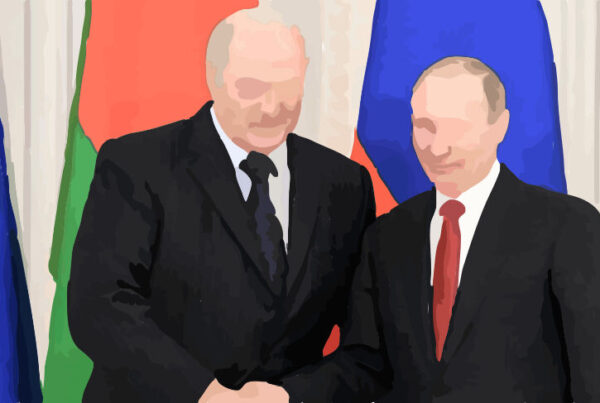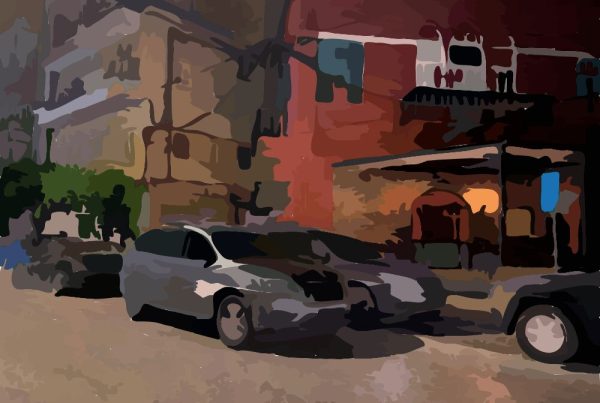The results of the Iranian legislative election held on 26 February have rekindled great hopes: reformists have emerged unequivocally as the country’s first political force, while the seats won by the ultra-conservatives have plummeted by 60% and the centrists have proven to be a lively minority. These data seem promising for peace in the Middle East and for the respect of human rights in Iran, but could we expect some openings also towards LGBTQI (lesbian, gay, bisexual, transgender, queer and intersex) community? We look for an answer with Kevin Schumacher, Middle East and North Africa Program Coordinator for OutRight Action International.
The vote of 26 February marked the reformists’ victory on the ultra-conservatives, even if no force has obtained an absolute majority of seats: will these elections mark a turning point in Iran’s human rights policy?
While having a more moderate parliament can benefit the entire civil society, the sexual rights movement in Iran urgently needs an honest and public discussion about bodily autonomy, sexual rights, and individual’s freedom to love. The current parliament works within the parameters of Islamic republic, which does not tolerate any opening for sexual rights, including homosexuality.
These are not rights that can stem from political processes. We need a social and cultural movement that encourages such a debate and pushes the citizens of Iran to be open up about these issues and challenge the dominant taboos and social stereotypes.
The reformists are close to President Hassan Rouhani: how do you judge his action with regard to LGBTQI rights?
Throughout his presidency, Rouhani didn’t do anything (positive or negative) in regard to LGBTI rights. I think it is important to emphasize that despite his liberal views on issues related to free speech, election, access to online information, protecting people’s privacy, and open relationship with other countries, Rouhani’s administration did not consider LGBTI rights as an issue of concern. They never attacked homosexuality publicly, not stopped other politicians who attacked homosexuality.
Can we hope in “indirect” improvements related to the situation of human rights in general?
Yes: if Rouhani’s ideas about free speech, privacy, and access to online information without censorship, materializes, many individuals (including Iranian LGBTI community) will benefit from the opening in political sphere.
As many observers have noted, Iranian regime’s rhetoric is less based on religion than in the past and is increasingly focused on nationalism: did these changes influence the official discourse on homosexuality?
As I said before, the issue of LGBTI rights in Iran requires a social conversation about a difficult topic that has been considered a taboo for decades. The current political climate is not open to such conversation, and in a way consider it against its conservative “values.” While harsh sodomy laws in Iran are based on a narrow interpretation of Sharia, the homophobia and transphobia are rooted in cultural traditions that predates the Islamic Republic.
Could you give an example?
Iran’s government recognizes the right of trans individuals to undergo sex reassignment surgery. However, the Iranian society remains hostile to such phenomenon, and transphobia continues to rampant in the Iranian society. “Facing mirrors”, a Negar Azarbayjani’s film released in 2011, well display such hostility towards trans community members.
Will the end of sanctions help the Iranian society, culture and politics to become more open to the influence of the rest of the world?
I believe so. The end of sanctions showed that conservatives’ views about isolationism and xenophobia does not work and the moderates’ approach to open up to the international community is a more rational and beneficial approach. These cultural and economic exchanges with the outside world allows more exposure to international community, and challenges the society to be less ideological and more pragmatic about its political views.
©2016 Il Grande Colibrì




